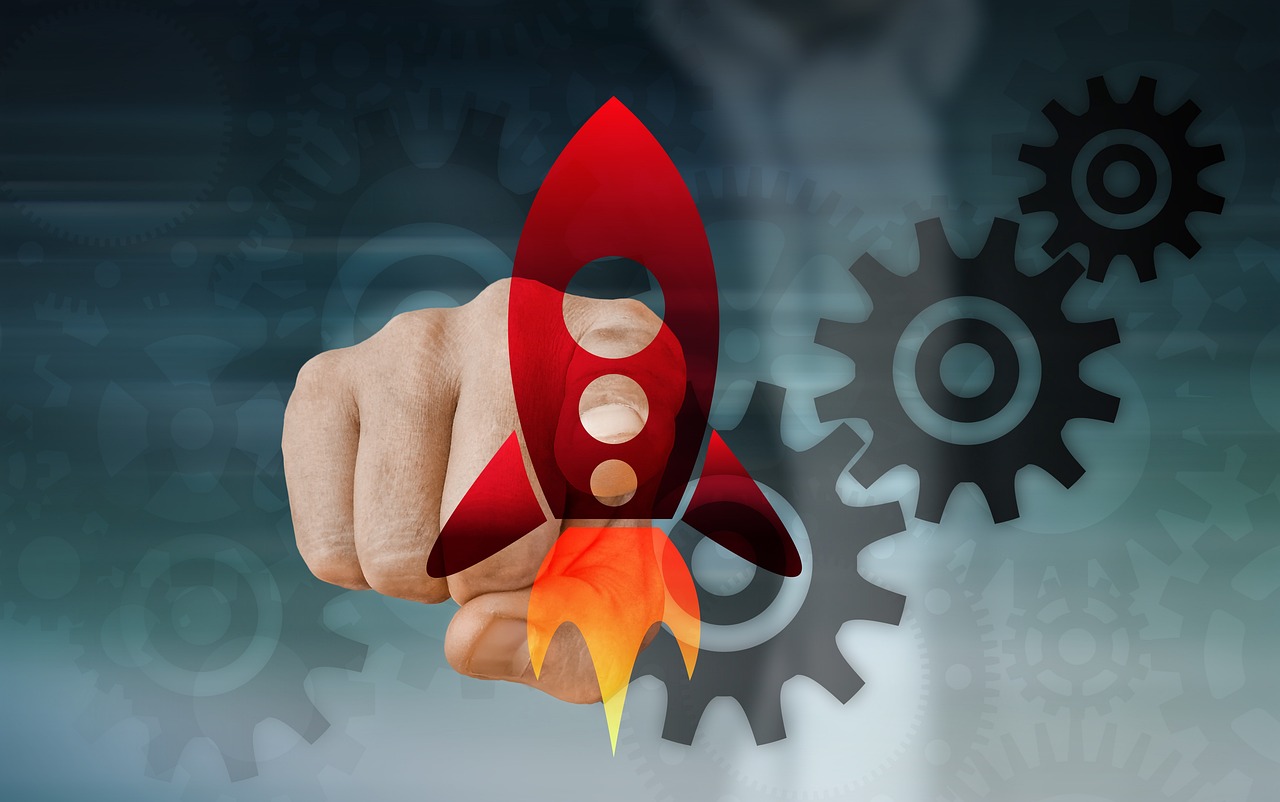The Impact of AI on Business Intelligence
Business Intelligence has undergone a remarkable transformation over the years. Initially seen as a mere reporting tool, it has evolved into a sophisticated system capable of analyzing vast amounts of data to provide valuable insights for decision-making. This shift has been driven by advancements in technology, particularly in the areas of data collection, storage, and processing.
The traditional static reports of the past have given way to dynamic, interactive dashboards that allow users to explore data in real-time. The integration of machine learning and predictive analytics has further enhanced the capabilities of Business Intelligence, enabling organizations to forecast trends, detect anomalies, and optimize operations with greater precision. Businesses now rely on these tools not just to look back at what has happened, but to anticipate what might happen in the future, giving them a competitive edge in a rapidly evolving market landscape.
The Role of Artificial Intelligence in Business Analytics
In the realm of business analytics, artificial intelligence (AI) has emerged as a powerful tool that drives informed decision-making processes. By leveraging AI technologies, organizations can sift through vast amounts of data to extract meaningful insights and trends. This enables businesses to identify opportunities, optimize processes, and gain a competitive edge in the market.
Moreover, AI empowers businesses to forecast market trends with greater accuracy and adjust their strategies accordingly. Through machine learning algorithms and predictive modeling, AI can anticipate consumer behavior, identify potential risks, and suggest proactive measures. This proactive approach to data analysis equips organizations with the agility to adapt to changing market dynamics swiftly and stay ahead of the curve.
Enhancing Data Analysis with AI Technologies
The use of artificial intelligence (AI) technologies in data analysis has revolutionized the way businesses interpret and leverage their data. AI-powered tools and algorithms can quickly process vast amounts of data, identifying patterns and insights that may have otherwise gone unnoticed. By automating tasks such as data cleansing, modeling, and visualization, AI streamlines the analysis process, enabling organizations to make data-driven decisions more efficiently.
Furthermore, AI technologies have the capability to continuously learn and adapt based on new data inputs, resulting in increasingly accurate and predictive analytics. This iterative learning process not only enhances the precision of data analysis but also enables businesses to anticipate trends and future outcomes with greater certainty. As organizations strive to remain competitive in the data-driven era, integrating AI technologies into their data analysis toolkit is becoming increasingly essential.







